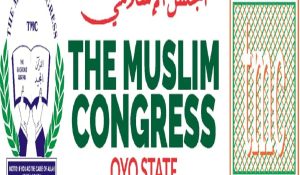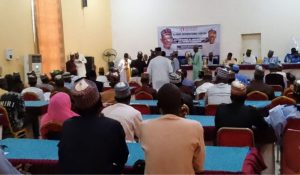
Cabinet Reshuffling: Tinubu's Opportunity for Competence
As President Bola Tinubu approaches the 17-month mark of his tenure, rumours of an imminent cabinet reshuffle have been gaining traction. These speculations stem from widespread perceptions of underperformance among certain ministers, a notion that the Presidency has recently acknowledged.
The Tinubu administration’s overall performance thus far can be characterized as largely foundational, falling short of campaign promises and exhibiting policy inconsistencies. Despite pledges to “hit the ground running,” the President took nearly a quarter of a year to assemble his cabinet, leading to a slow start and lingering public skepticism.
The administration’s inception was marked by controversy surrounding the abrupt removal of fuel subsidies, a situation exacerbated by the absence of ministers to manage the ensuing crisis. This initial misstep has continued to shape public opinion of the government.
Contrary to pre-election assurances of a “cabinet of technocrats,” the President unveiled a team heavily populated by career politicians. The resulting ministerial lineup has produced mixed results, with only a handful of ministers demonstrating notable competence. Consequently, progress on the “Renewed Hope Agenda” has been sporadic, driven more by individual efforts than cohesive policy implementation.
The first 16 months of Tinubu’s presidency can be viewed as a period of missed opportunities. To course-correct, the administration must revisit its core strategies and focus on effective implementation over the next two and a half years. The policy coordination unit should adopt a more proactive approach, emphasizing ongoing evaluation rather than post-hoc analysis.
While many sectors suffer from chronic underfunding and deteriorating infrastructure, a few ministers have managed to make notable strides. The ministers overseeing the Federal Capital Territory, Interior, and Works have implemented bold initiatives that have resonated with the public. These success stories underscore the need for passionate, visionary leaders across all sectors.
However, a significant number of ministers are performing below expectations, often requiring close supervision to fulfill their duties. The crucial Petroleum Ministry, currently under the President’s direct oversight, faces numerous challenges. Given the oil sector’s pivotal role in the nation’s economy, it may be prudent for Tinubu to delegate this responsibility to a capable specialist.
CSR REPORTERS reports that the current cabinet, comprising 47 members, is the largest in Nigeria’s Fourth Republic and appears unwieldy given the country’s economic realities. A more streamlined cabinet, focused on technocrats and experienced politicians with proven track records, could potentially drive the administration’s agenda more effectively.
As Nigeria goes through these harsh complex economic challenges, it requires leaders who can innovate and adapt to the digital age. The upcoming reshuffle is golden opportunity for President Tinubu to prioritize competence and expertise over political allegiances, potentially refocusing his administration on delivering tangible results for the Nigerian people.








